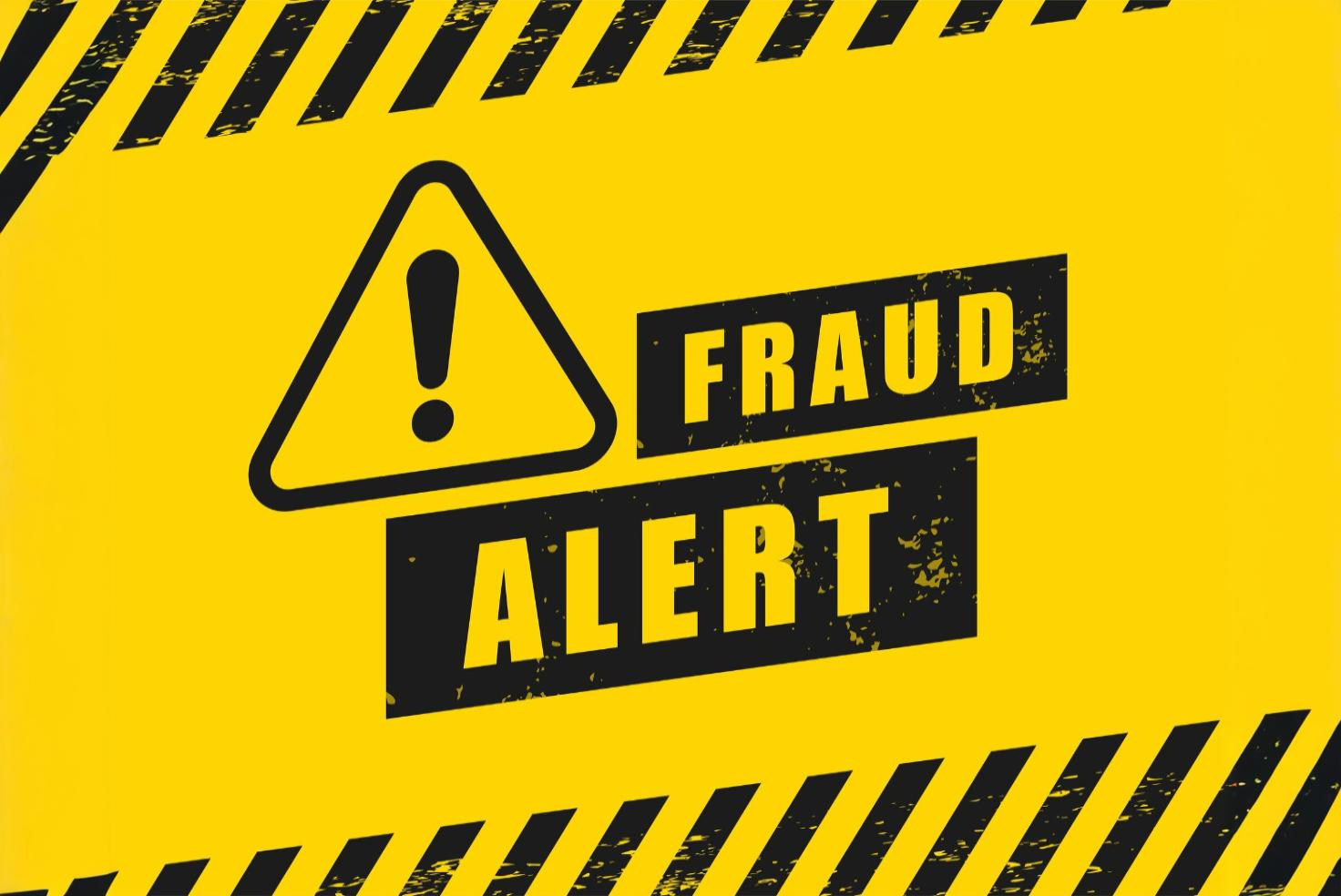 November 26, 2024
November 26, 2024
Online fraud is a growing concern that impacts millions of people every year. It’s sneaky, pervasive, and increasingly sophisticated. In today’s digital-first world, staying safe online is a necessity. Here are five telltale signs that you might be at risk of falling victim to online fraud. We have also included some Safe Browsing Tips at the end so that you have a conclusive idea of everything.
You Use the Same Password Everywhere
Reusing passwords across multiple platforms is an open invitation for hackers. If one account gets compromised, all your accounts could be at risk. Cybercriminals use stolen credentials to access bank accounts, social media profiles, and emails. Weak passwords are the equivalent of leaving your house door unlocked in a busy street. Make it a habit to use unique passwords for every account and enable two-factor authentication wherever possible.
You Click on Links Without Thinking Twice
Phishing attacks often start with a single careless click. Fraudsters send emails or messages that appear genuine but contain malicious links. These links intend to steal your personal details, install malware, or redirect you to fake websites. If an email from your bank or a delivery service seems urgent always verify it before clicking. We also advise to hover over links to check their authenticity, and avoid clicking links from unknown sources.
You Ignore Suspicious Account Activity
Receiving an unexpected notification about a login attempt might seem harmless, but it’s not. Such alerts often signal that someone is trying to gain access to your account. Similarly, unexplained charges on your bank statement are a major red flag. Fraudsters often make small test transactions to check if your account is vulnerable. A major recommended Internet Security Best Practices to follow is monitoring your account activity and reporting anything suspicious to your service provider.
You Fall for "Too Good to Be True" Offers
Fraudsters know how to play on human emotions with greed and urgency coming out as the winners. Offers that promise huge discounts, lottery winnings, or investment schemes with guaranteed returns are often scams. For instance, if a website is selling the latest iPhone for Rs. 5,000, it’s always a trap.What we Recommend – Research before making purchases from unknown sites or investing in online schemes.
You Share Personal Information without Hesitation
Sharing personal information online might seem harmless, but it’s not. Scammers often pose as legitimate companies to extract sensitive data such as:
Counter this By – Never sharing such details over email, text, or phone calls unless you’re absolutely sure of the recipient’s authenticity. Even seemingly harmless details like your birthdate can be used for identity theft.
How to Protect Yourself from Online Fraud
Now that you know the warning signs, here are some actionable tips to stay safe and Protect Personal Information Online:
Use Strong and Unique Passwords:
Be Skeptical of Unsolicited Communication:
Keep Software Up-to-Date:
Use Secure Payment Methods:
Educate Yourself and Others:
Online fraud and Safety Browsing Tips all boil down to two things – trust and security. Taking small steps to protect yourself can make a big difference. Stay vigilant, stay informed, and always trust your instincts. Take this as a rule of thumb – If something feels off online, it probably is. Your safety is in your hands – do not let scammers take control.